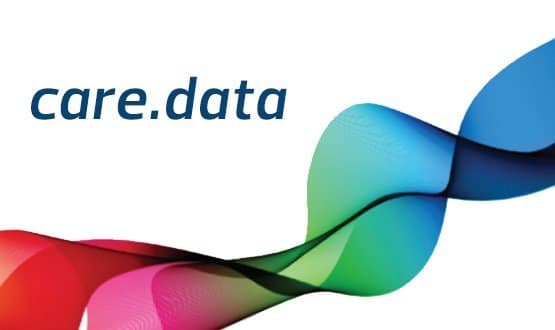One of the four care.data pathfinders will start contacting patients about the re-launch of the controversial scheme later this month.
The Blackburn with Darwen clinical commissioning group is ready to start communicating with patients about the government’s data-sharing programme at the end of June.
Other pathfinder CCGs, Somerset and West Hampshire, will start testing their public communications at the beginning of September and Leeds have not confirmed when it will begin the process, but is working towards the end of September.
The first data extractions are likely to take place between September and November this year.
The care.data programme will extract data sets from different organisations, starting with GP practices, and link them to an expanded set of Hospital Episode Statistics within the 'safe haven' of the Health and Social Care Information Centre.
NHS England says this new data set will help to determine where the NHS needs to invest and to highlight where excellent care is being delivered and where there may be local problems.
However, it was forced to “pause” the programme in February last year after medical and privacy groups objected to a public leaflet campaign that failed to include a clear account of the programme, who would receive the data, or an opt-out form for patients.
Last October, clinical commissioning groups in Leeds, Blackburn, Somerset and West Hampshire were selected as care.data ‘pathfinders’ as part of a revised roll-out plan.
The pathfinders will test different communication strategies with patients, including individual letters sent to their homes from their GP, explaining the benefits and risks of data sharing. So far, 104 practices across Blackburn with Darwen, Somerset and West Hampshire have signed up.
A statement on the Blackburn with Darwen healthwatch website says pre-election guidance meant the CCG could not communicate with patients or carry out any formal work on the programme until after the May election.
“However, work has continued within the national programme team and with the four pathfinder areas on the review of patient facing materials – such as the Practice Toolkit. CCGs have robust plans for their work programme and for communication with their communities,” it says.
The statement adds that formal accountability for proceeding with the programme sits with NHS England’s director of patients and information Tim Kelsey.
Chair of the Independent Information Governance Oversight Panel Dame Fiona Caldicott will give her views of the safeguards and arrangements in place to the Secretary of State and this will be taken into account by Kelsey and the care.data programme board before it moves ahead.
“Extraction is likely to take place between September and November depending on how fair processing testing communications was conducted. GP systems are currently undertaking the work required for extraction to take place,” the statement says.
Phil Booth, coordinator of medConfidential, said that NHS England should resolve unanswered issues, such as problems with the opt-out process, before moving ahead with fair processing.
“The shambolic mess that care.data has become must be cleared up before another single patient is contacted,” he said.
Digital Health News reported last month that 700,000 patients that chose to opt out of the scheme when it was launched in February 2014 are yet to have their objection to their data being shared actioned.
“NHS England must make good on every opt-out, and demonstrate that every last promise and safeguard is in place, or it’ll show it cares more about getting hold of your most sensitive medical records than ensuring every use of them will be consensual, safe and transparent,” Booth said.

